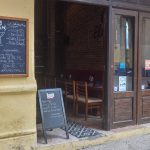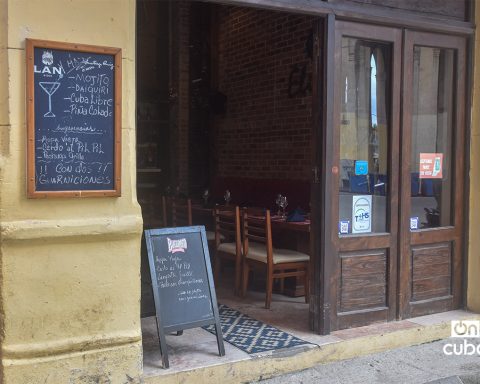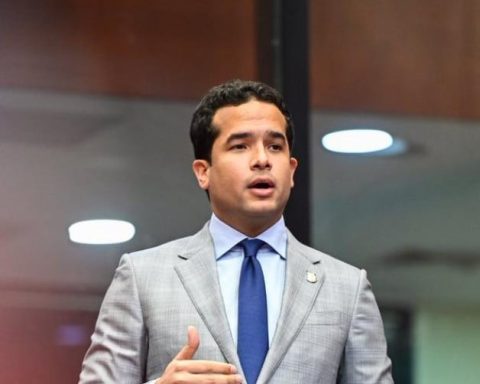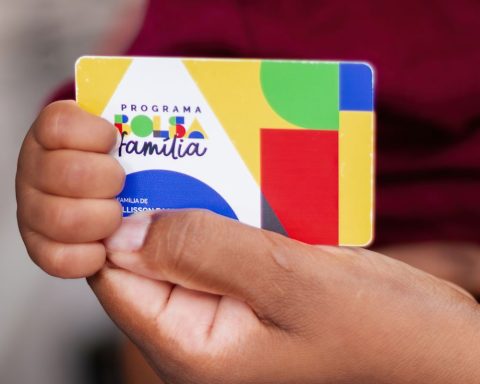With an investment of more than B/.13.4 million and in an act headed by the President of the Republic, Laurentino Cortizo Cohen, the new and modern National Warehouse of Medicines and Sanitary Supplies (ANIS) was inaugurated, which will allow better management of the distribution and supply of medicines in all the health regions of the country.
The installation, the most modern and largest of its kind in the region, was delivered in the first action of the Community Work Tour (GTC) No. 137, held this Friday in the province of Panama by President Cortizo Cohen, who was accompanied by the Minister of Health, Luis Francisco Sucre, and the governor of the province, Carla García, among other officials.
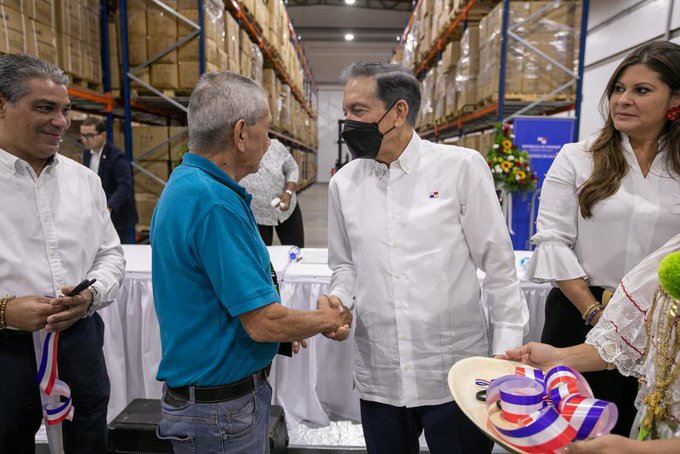
President Cortizo Cohen highlighted that, with this new national warehouse of medicines and supplies for human health, his administration strengthens the medicine supply system and reinforces the medicine supply chain, one of the objectives of the Government Plan and the Technical Board of Medications, created by the current government management.
The Minister of Health, Luis Francisco Sucre, pointed out that the new warehouse for medicines and health supplies joins the actions for the provision and supply of medicines through the Action Plan of the National Government and the Technical Medicines Table chaired by the Vice President José Gabriel Carrizo to go from “No Hay” to “Yes There is”.
He indicated that the warehouse is a fundamental pillar in the strategy of the drug supply system and that it has a modern logistics management system that allows knowing when supplies are running out in order to guarantee supply.
Sucre highlighted that this software already works in HIV clinics, health centers and 15 regional stores.
I inform you that with the new warehouse for medicines and sanitary supplies, the Minsa will not have to pay rent to store the medicines.
Law enacted in favor of Afro-Panamanians
As a second action of the GTC, President Cortizo Cohen sanctioned in the Omar Recreational Park, in San Francisco, in the company of the Minister of Social Development, María Inés Castillo, the Law that creates the National Secretariat of Policies and Development for Afro-Panamanians, whose objective is to formulate public policy and national and sectoral plans regarding the social inclusion of this population group.
Considered a historical milestone in the Republic of Panama, the law creates the aforementioned autonomous Secretariat for, among other purposes, promoting equality, respect for human rights and compliance with standards, laws and regulations in force in the country in relation to the Afro-descendant people.
In Panama, it is estimated that Afro-descendants represent 34% of the population and are found throughout the national territory, but in greater numbers in the provinces of Colón, Darién, Coclé, Panamá and Bocas del Toro.

